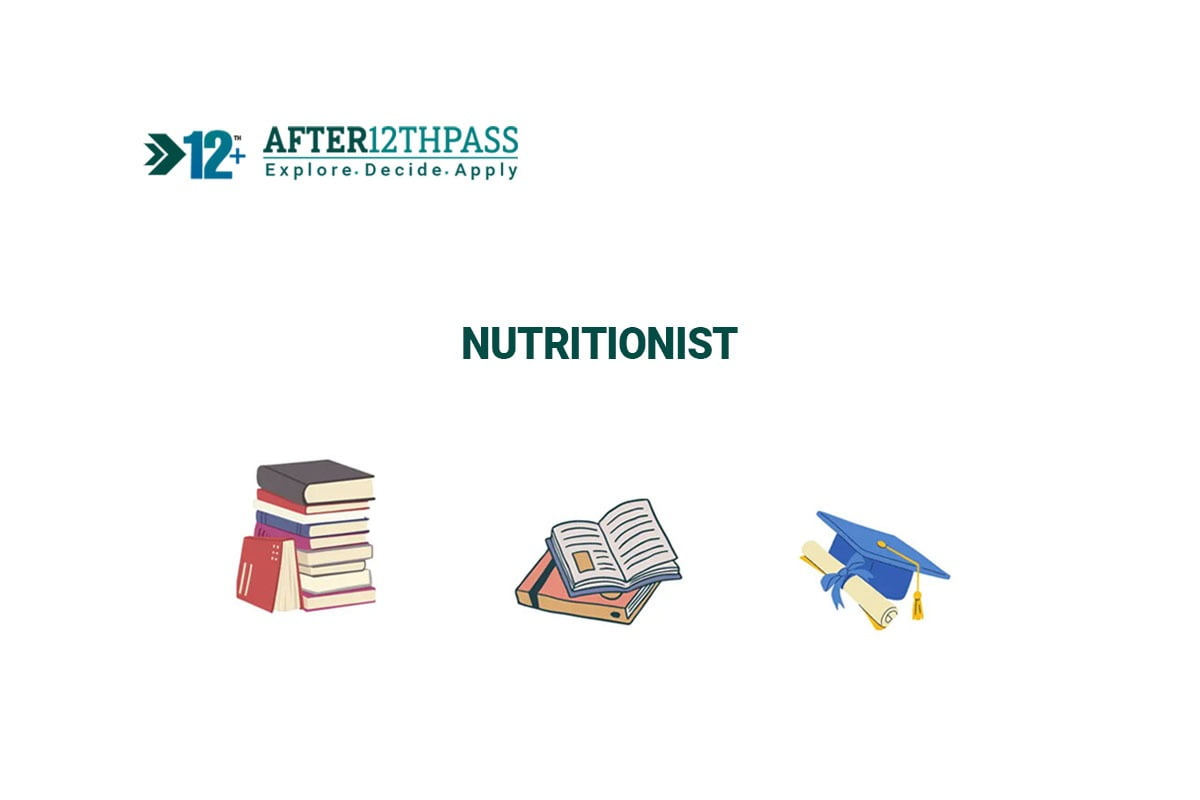Nutritionist – How to become a Nutritionist
A Nutritionist, also known by various names such as nutrition scientist, public health nutritionist, dietitian-nutritionist, clinical nutritionist, and sports nutritionist, is a trained professional who provides expert advice on food and nutrition to promote good health for individuals.
As the fitness industry grows and people strive towards healthier lifestyles, the demand for nutritionists continues to increase. Nutritionists can work in various settings such as communities, schools, hospitals, prisons, clinics, and nursing homes, to name a few. They play a crucial role in addressing health issues like diabetes, heart attacks, hypertension, and obesity among the general population.
To pursue a career as a Nutritionist, it is important to have a good understanding of food products and their nutritional value. While anyone can claim to be a nutritionist, unlike a Dietitian, formal qualifications are not always required. However, a bachelor’s degree in dietetics, food and nutrition, food service systems management, or a related field is typically required to become a successful nutritionist.
It is important to note that the work environment for nutritionists may not always be equipped with modern conveniences. In such conditions, a nutritionist’s main task is to ensure that the work environment is up to standard by enforcing health and safety codes. Aspiring nutritionists can follow specific steps to pursue a career in this field.
How to become a Nutritionist after 12th?
If you are interested in pursuing a career as a nutritionist after completing 12th grade, there are specific steps you can take to achieve this goal. Here are the essential steps to becoming a nutritionist after 12th grade:
Step 1: Choose a Relevant Field in 12th Grade To become a nutritionist, it is recommended to choose a relevant field in 12th grade. Science or Home Science with Biology as a core subject is an ideal choice, as it provides a strong foundation for future studies in nutrition.
Step 2: Obtain a Bachelor’s Degree in Nutrition or a Related Field After completing 12th grade, it is necessary to obtain a Bachelor’s Degree in Nutrition or a related field. Some common majors for a bachelor’s degree include dietetics, food and nutrition, food service systems management, or public health nutrition. A Bachelor’s Degree typically takes three to four years to complete.
Step 3: Consider a Master’s Degree A Master’s Degree in Nutrition or a related field can enhance your chances of success as a nutritionist. It provides a more in-depth understanding of nutrition and related subjects. Some master’s degree programs in nutrition include a Master of Science in Nutrition, Master of Public Health Nutrition, and a Master of Dietetics.
Step 4: Gain Work Experience Gaining practical experience is essential to become a successful nutritionist. You can gain work experience through internships or by working as an assistant to a registered dietitian or nutritionist. It is also recommended to join a professional organization for nutritionists to stay updated with the latest developments in the field.
Step 5: Obtain Certification and Licensure To practice as a nutritionist in some states or countries, it may be necessary to obtain a license. Some organizations also offer certification for nutritionists, which can help in obtaining employment and advancing in the field.
In conclusion, pursuing a career as a nutritionist after completing 12th grade requires a strong foundation in biology and relevant fields, followed by a Bachelor’s or Master’s degree in Nutrition or a related subject. Gaining practical experience and obtaining certification or licensure can further enhance your prospects in this field.
Certificate, Undergraduate Diploma, and Degree Courses
The candidates can check the eligibility criteria for the Nutrition and Dietetics Certificate, Undergraduate Diploma, and Degree courses as follows.
- Candidates can apply for undergraduate diplomas, degrees, and certificate courses after passing the class 12 board exams.
- Admission to 3-year diploma programmes offered by some government institutes is done on the basis of a state-level entrance exam.
- Admission to certificate and short-term diploma programmes is done directly after candidates have passed the 10+2 exams.
- For BSc programmes, it is essential for students to study Physics, Chemistry, and Biology till class 12.
- Some of the institutes offer B.Sc. courses in Nutrition and Dietetics on the basis of entrance exams, however, others conduct admission on the basis of marks secured by applicants in class 12.
Nutritionist Job Description
A Nutritionist plays a vital role in preventing and treating illnesses by providing proper dietary care. They evaluate the diets of patients suffering from medical conditions, analyze their food intake, and suggest modifications to improve their health.
Nutritionist Career prospects
The career prospects for Nutritionists are vast, with opportunities in both the private and public sectors. In addition to government and corporate hospitals, Nutritionists can also find employment with food manufacturers, advertisers, marketers, five-star hotels, and restaurants. These professionals organize, develop, analyze, test, and prepare meals that are low in fat, cholesterol, and devoid of chemical additives.
Nutritionist Salary
As for the salary, a Nutritionist can earn a starting salary between Rs. 20,000 to Rs. 25,000, depending on their competence. However, the earning potential for private practitioners is limitless and only gets better with time and experience. With a master’s degree and a few years of dedicated work, Nutritionists can earn up to Rs. 4-5 Lakhs per annum.


